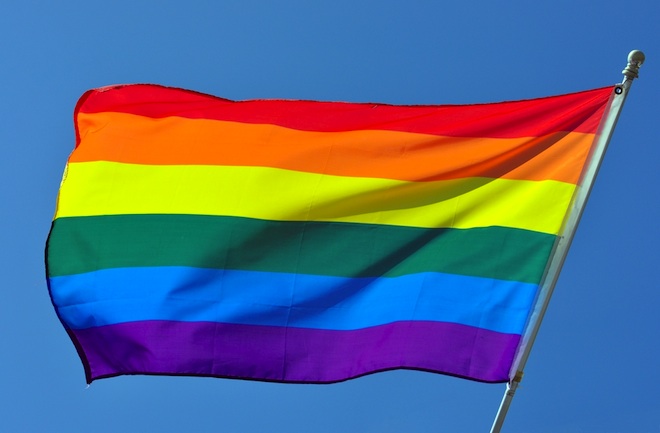The Supreme Court will take up a challenge next spring to California’s Proposition 8, the 2008 ballot measure which amends the state’s constitution to hold that “only marriage between a man and a woman is valid or recognized in California.”
The outcome could range from requiring all states to accept gay marriage or decreeing such bans constitutional. The justices could also dodge the issue. Here are the different ways the ruling could go.
All Gay Marriage Bans Are Struck Down
This is the outcome desired by the challengers, represented by über-lawyers Ted Olson and David Boies: a sweeping decision that decrees all bans on gay marriage unconstitutional under the equal protection clause.
“We are going to address all the issues, focused on the fundamental constitutional right to marry of all citizens,” Olson said after the Court agreed to hear the case.
That would strike down laws in several dozen states prohibiting gay marriage. It would be a dramatic, far-reaching step by any reckoning that would ultimately put the Supreme Court on the right side of history but turn it into a piñata among conservatives in the short-run.
Prop. 8 Is Overturned
The Supreme Court may find Prop. 8 unconstitutional, but limit the ruling to the particulars of the case, legalizing same sex marriage in California without requiring it in other states.
There’s an easy way to distinguish the case, according to Adam Winkler, a constitutional law professor at UCLA School of Law.
“What’s different about California is that the state at one point allowed gay marriage,” he wrote. “After the state Supreme Court held that California’s own constitution required marriage equality, approximately 18,000 gay and lesbian couples were married in the state. Proposition 8 changed California’s constitution to prohibit further gay marriages — effectively taking away a right that gay and lesbian citizens already had.”
Prop. 8 Is Upheld
The high court may decree Prop. 8 constitutional, affirming a status quo where states have the freedom to determine whether or not to recognize same sex marriage.
“If the Court were to rule that the Constitution does not impose a bar to California’s actions, that would mean that states were free to maintain traditional marriage restrictions — provided that they did not discriminate on the basis of a forbidden category of citizens,” wrote Lyle Denniston of SCOTUSblog.
The reach of the decision would determine the extent to which states that have banned gay marriage are on the hook for legal challenges. But the precedent of the high court approving a state’s right to ban same sex marriage would be a valuable asset for them.
The Supreme Court Punts
The Court has an escape route from making a definitive ruling altogether: “The justices could rule that the case was not defended by the right party and remand the controversy to the lower courts,” wrote Winkler.
The rationale would be simple: California is refusing to defend its own law because Jerry Brown’s administration deems it discriminatory. And so the group that incubated Prop. 8 has been allowed to step in and vouch for it. That’s unusual. The Court could decree it improper and send the case back to the bottom of the judicial totem pole for a do-over.
Of course, the issue could come right back to the Supreme Court.










